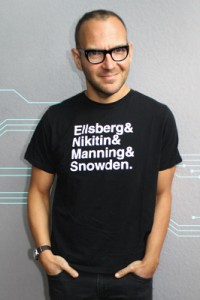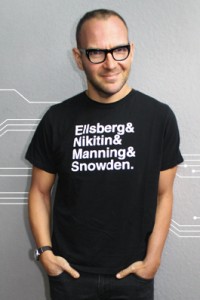Cory Doctorow: Fake News Is an Oracle
Several times over the 13 years that I’ve been writing this column, I’ve railed against the toxic myth that science fiction is a predictive literature, a way to know the future. Science fiction writers are not fortune tellers, and that’s obvious because no one is a (real) fortune teller, because the future is unknowable, and because the future changes based on what we do.
With that said, there are two ...Read More
Read more





